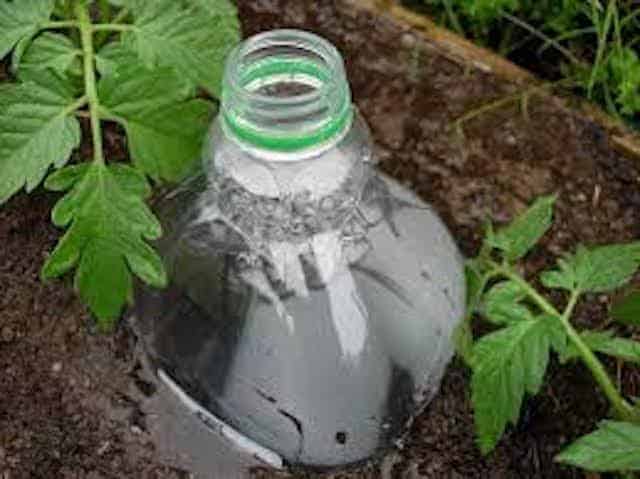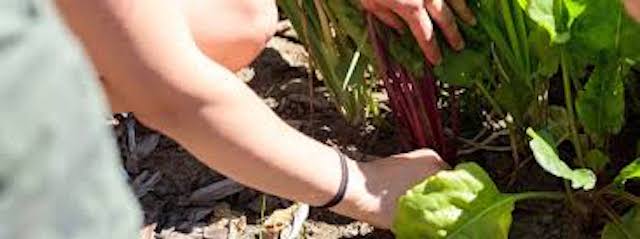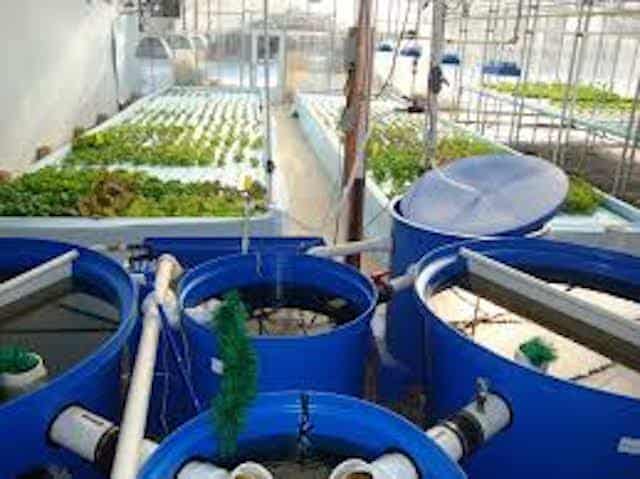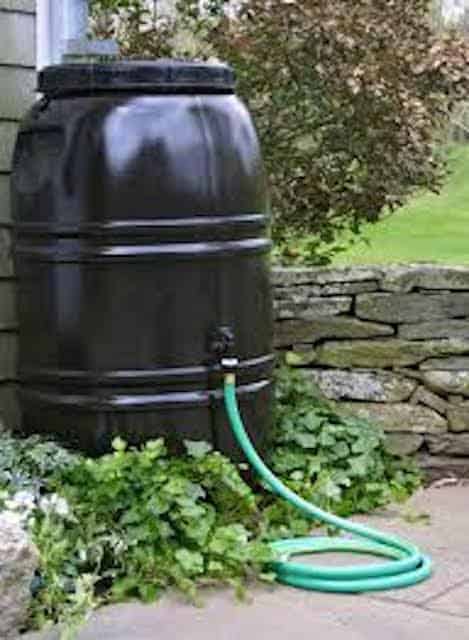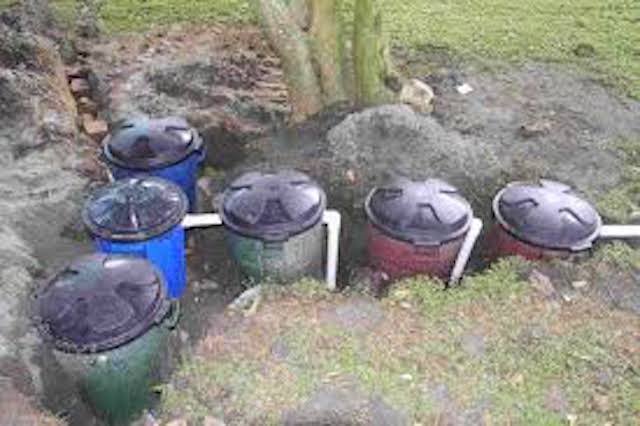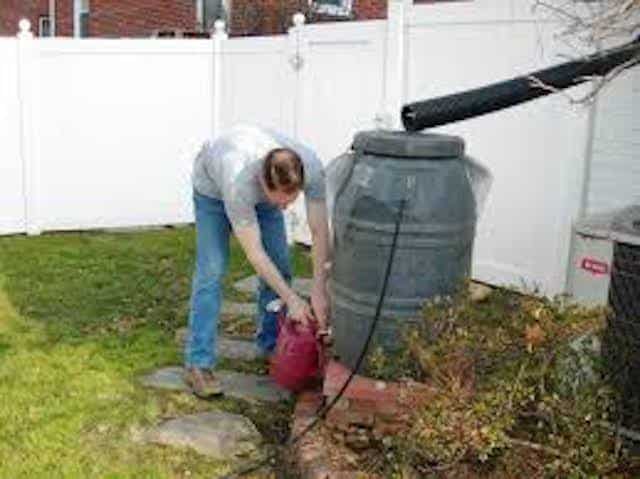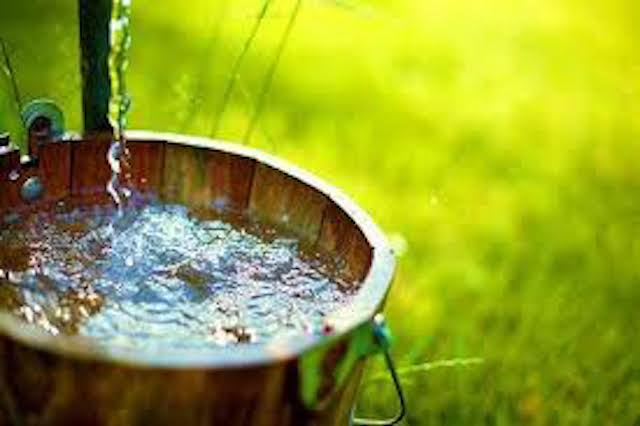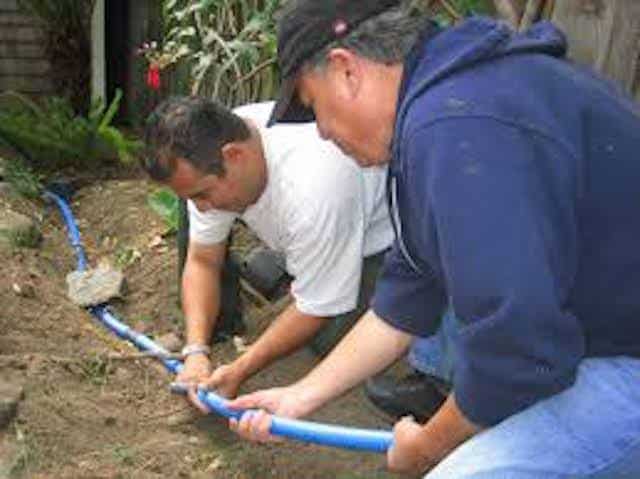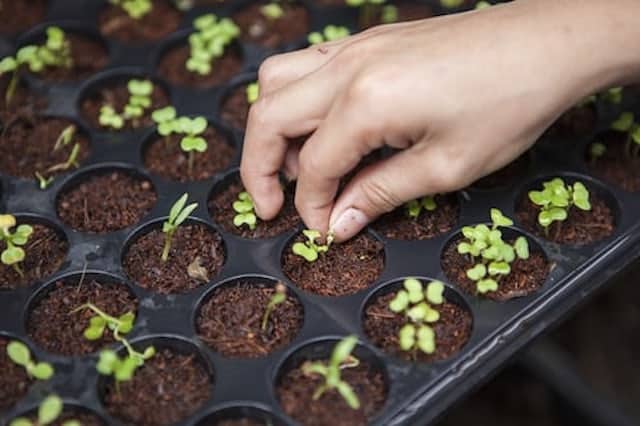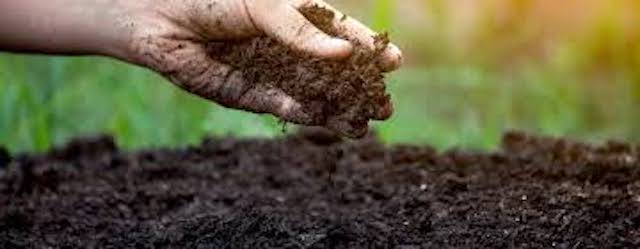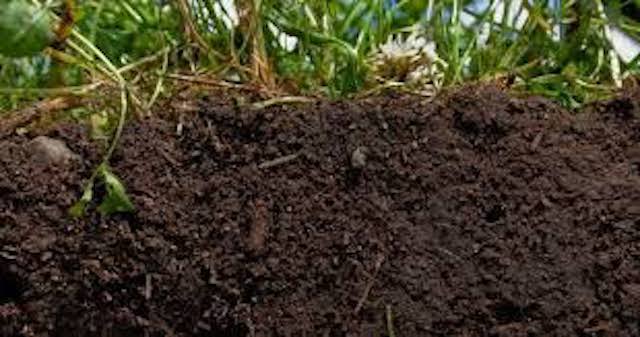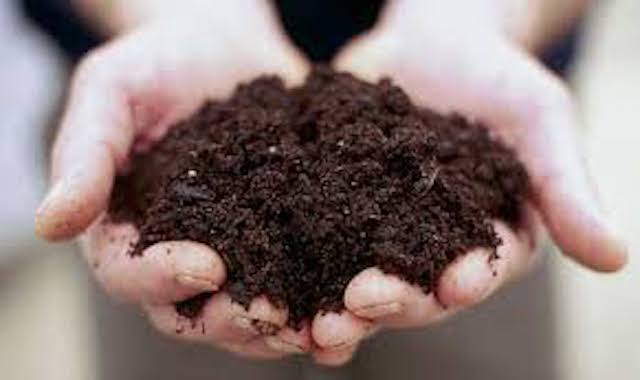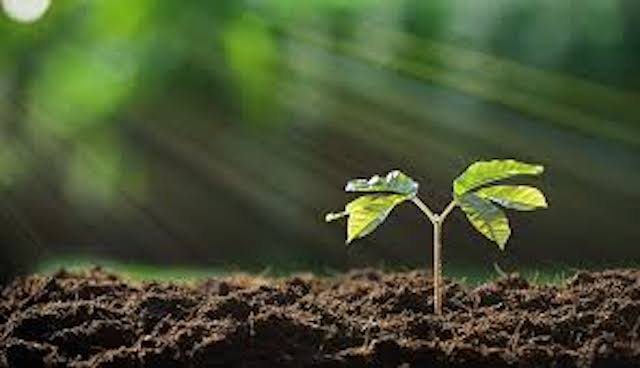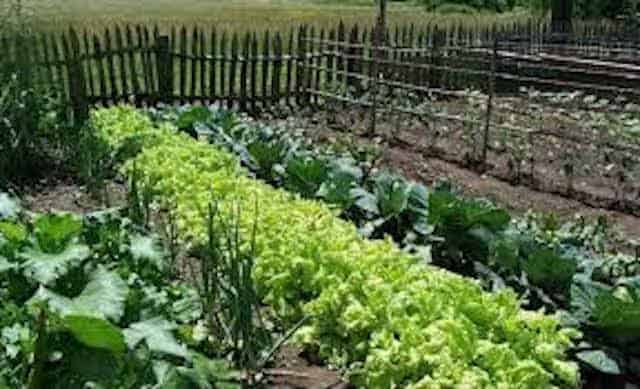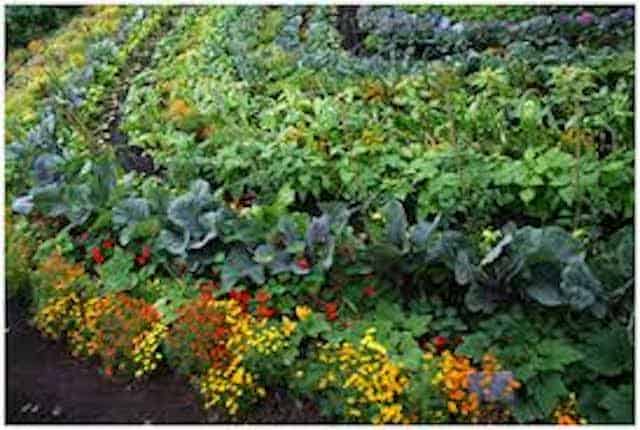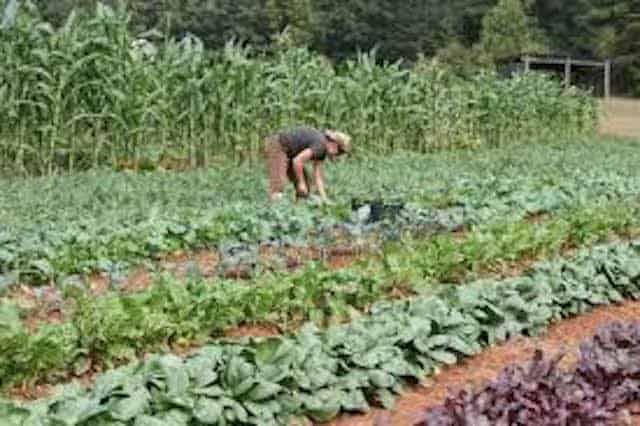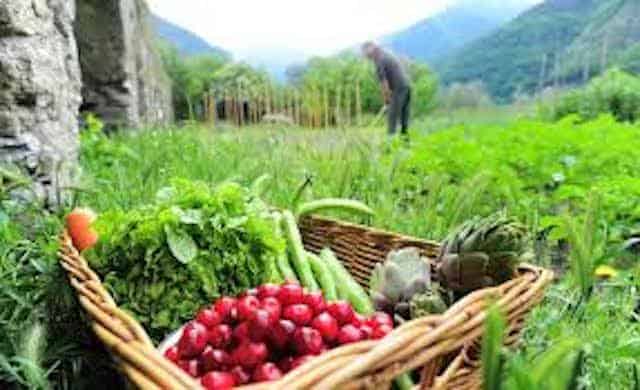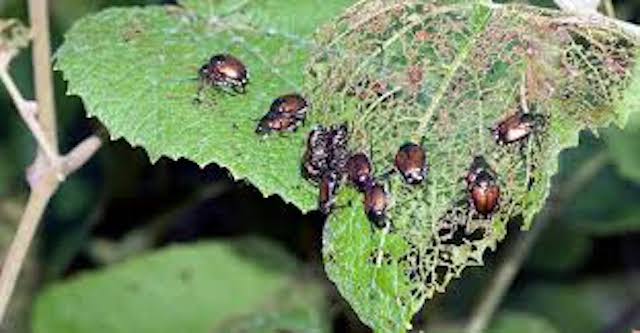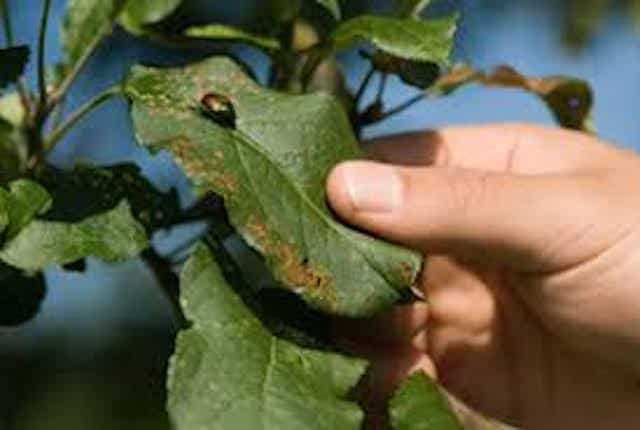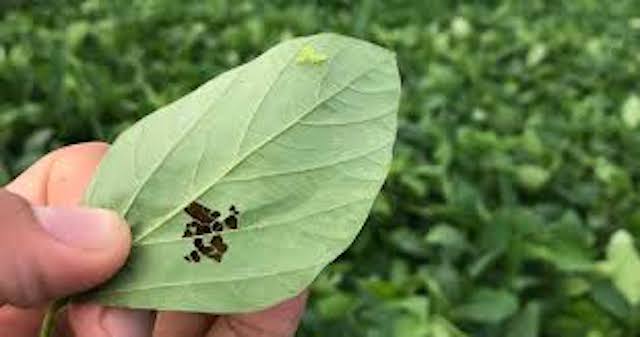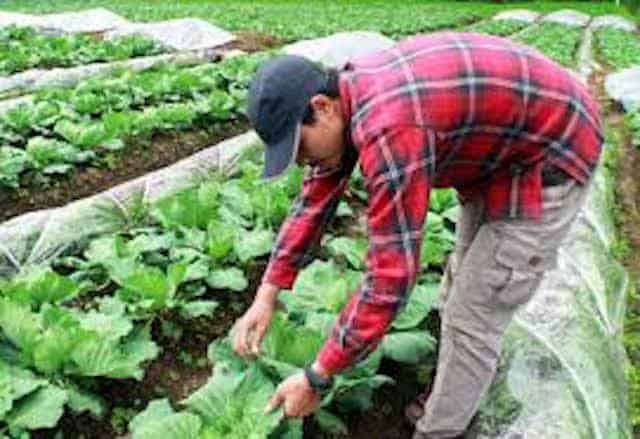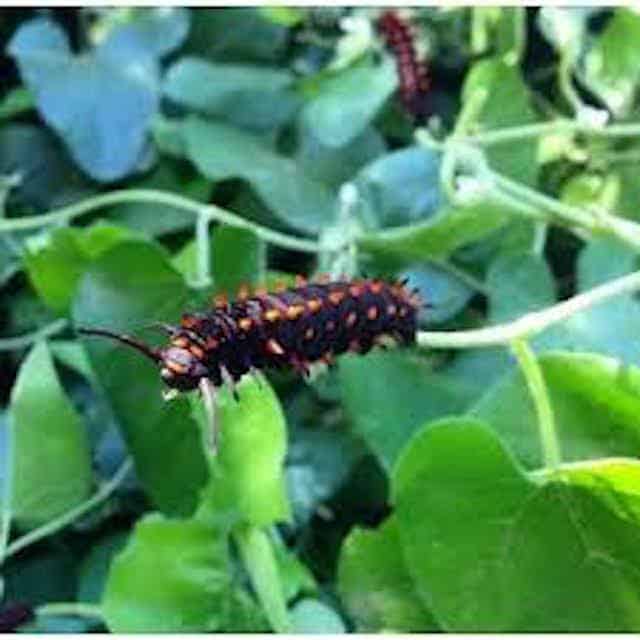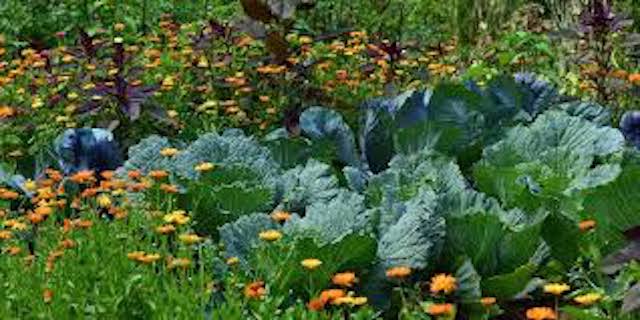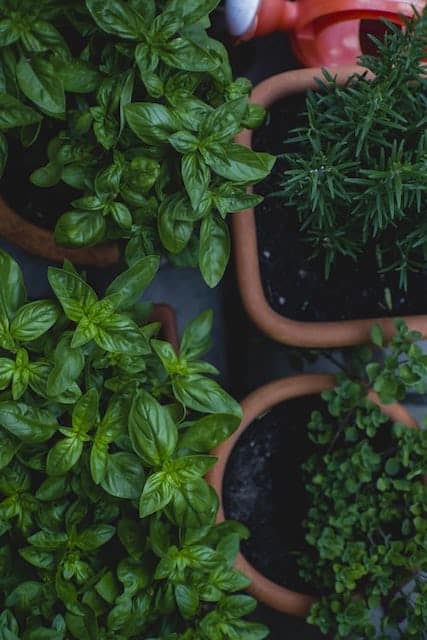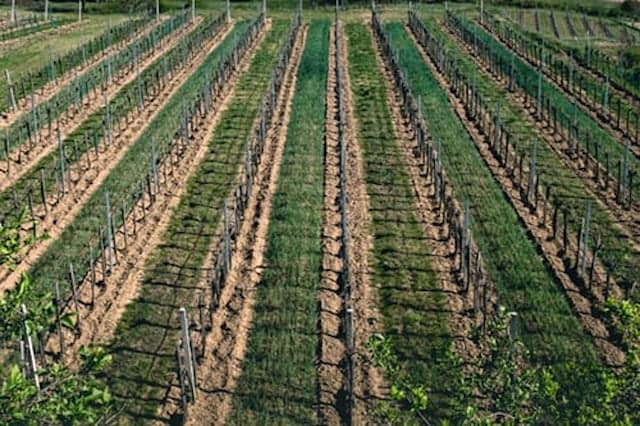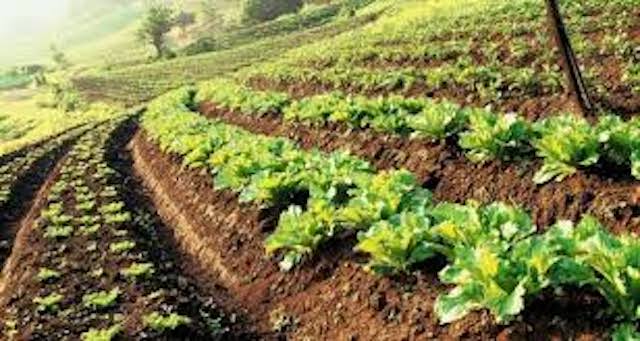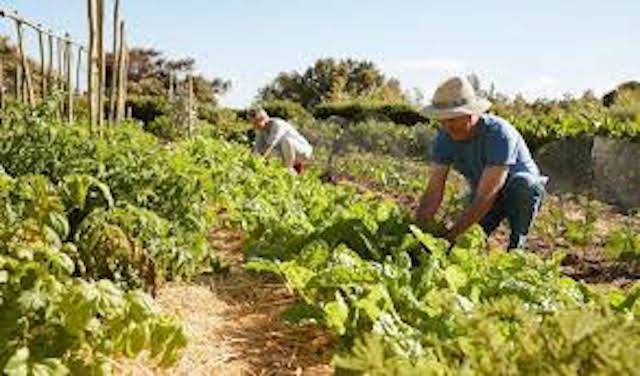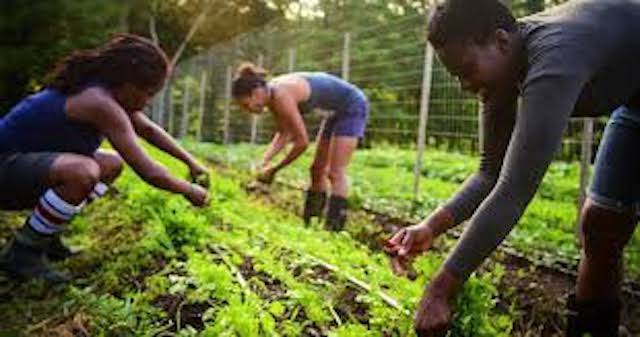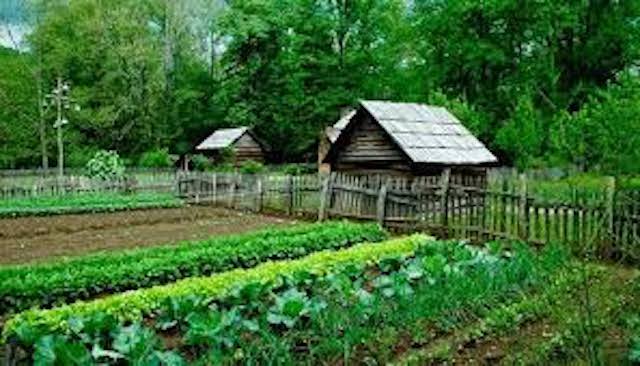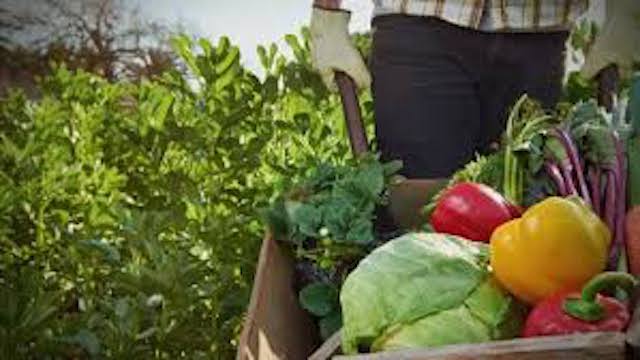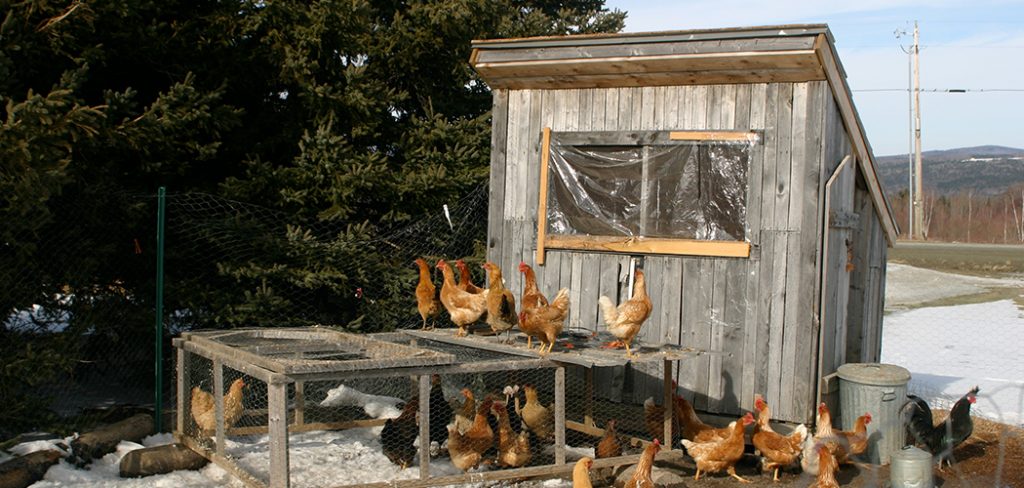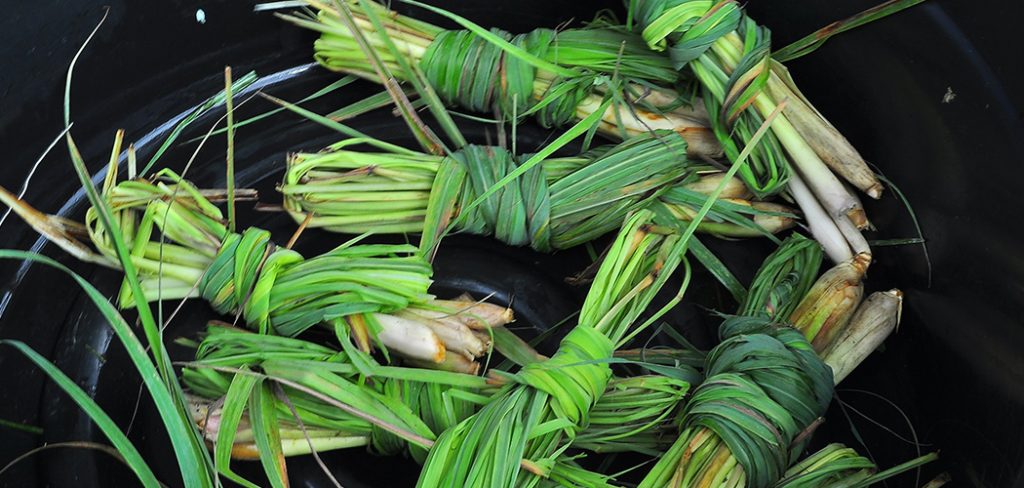Every farmer’s goal is to attain sustainable farming. With so many environmental effects because of the industries and other problems caused by humans, it is essential to plant while applying environmentally friendly practices. The following hacks for sustainable farming will help you in attaining sustainability in your farm.
Use Water Wisely
Water is necessary to grow plants, and there is no secret for that. As to how many gallons of water the plants and humans need, the amount is finite. For you to be sure that the resources are not squandered, use it smartly. One of the things to do for water sustainably is to collect water during the rainy season so that when the weather gets dry, you have a lot of water to use. Store the water that you have collected in a tank. You can also buy a budget-friendly system for collecting water.
Support Healthy Soil
Plant your crops in healthy soil. If you do not plant crops in rotation, you are exhausting the soil making the nutrients depleted. Planting the same crops for over a year twice to thrice times will contribute to land degradation, which has an impact on the environment. For you to replenish the soil, add soil nutrients like organic compost, and try cross-crops planting. Crop planting rotation will keep nutrients to the soil, making the soil replenish over time.
Read my post on Hydroponic farming.
Consider Biodiversity
Soila and pest problems may occur when you grow crops. Intercropping or planting different plants close to one another or within the same field allows nitrogen sharing. Doing this will reduce the needed fertilizers to grow healthy crops or other chemicals to get rid of the pests. Besides, intercropping results in better yield and less damage to the crops, thus better income. As a bonus, the soil will improve, and sustainability can better be achieved.
Sustainable Pest Management
Getting rid of insects or pests, including weeds, herbicides, or pesticides, are used. In some cases, these are improperly used that harm the crops, environment, and humans. Adopting an Integrated Pest Management plan that is sustainable reduces the number of chemicals used. IPM is not challenging to implement, but it involves work. You need to determine the kind of pests and the threshold of these pests. It is easy to identify because of the type of plants you plant will determine the types of pests or insects that it will attract. Inspect, monitor, and report so that you can decide on the best pest control management with a little or no chemical used.
Remember the Ritual
If you do something that you need to remember, such as watering the plants or providing fertilizers, later on, make a remembering ritual such as snapping your fingers or tapping your nose twice or thrice. The physical repetition can make an indent on your mind, which you can think back. Keep rituals in the toolbox and do not use the same rituals every time. This way, you will not forget to turn off the water or put fertilizers on your plants.
Thank you for reading my post on hacks for sustainable farming. If you are into urban gardening read my article about it.
